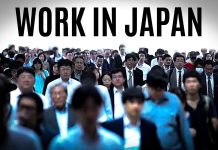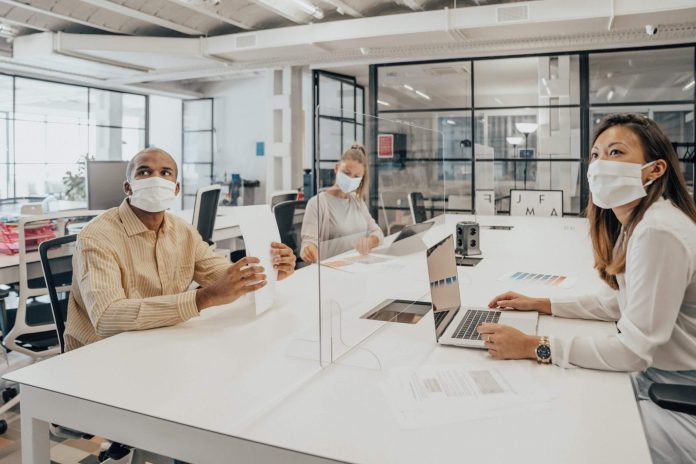The Covid-19 pandemic has slowly begun to wind-down. Lockdowns are gradually coming to an end and nations are cautiously reopening both their borders and their businesses. As people across Singapore begin to return to the office, a recent Qualtrics survey outlines how people’s workplace habits have changed, and what their biggest concerns are in returning.
- Men and women are split on the most appropriate way to greet people: To replace the traditional handshake or hug, there is a clear difference in how men and women would prefer to greet people. More than a quarter of men (28 percent) selected a fist bump as their preferred greeting, a choice only reflected by 10 percent of women. In contrast, 37 percent of women said they’d prefer to wave and 35 percent said nod, compared to 26 percent and 18 percent of men respectively. Greeting others with a handshake (8 percent) was more preferred than a high-five (6 percent) or elbow bump (5 percent) for all respondents.
- People are concerned about re-adjusting to security protocols and being able to multitask: While being exposed to sickness is people’s top concern (34 percent) when returning to the office, a quarter of people are worried about having to readjust to security protocols, such as remembering access codes and carrying ID badges. Being able to multi-task (18 percent) and not knowing what to wear (15 percent) were also concerns.
- No longer wearing leisure wear will be the hardest habit to change: Nearly one-in-three respondents (28 percent) said no longer wearing leisure wear will be the hardest habit to change when returning to the office. A similar sentiment was echoed by the 12 percent who said they will struggle to wear professional shoes. In response to a changing office wardrobe dynamic, 45 percent said they would prefer to have a business casual dress code at work.
- Most people will be meeting their colleagues in-person for the first time: Two thirds of respondents (65 percent) said that when they return to the office they will be meeting their colleagues in-person for the first time.
“While employees across Singapore are beginning to return to the office, it’s essential for employers to recognize that not only have people’s expectations of their workplace changed, they are actively looking for organizations that match their needs. It means that failure to deliver what your people expect could see an organization struggle to attract and retain talent – a challenge compounded by continued border restrictions and a shortage of talent,” said Steve Bennetts, Head of EX Growth & Strategy for Qualtrics in Asia Pacific and Japan.
“Right now, every business and government is looking for ways to effectively attract and retain talent. The most important step in this is regularly listening and understanding the needs of your employees and candidates, and taking action on what matters most to them. After the last 18 months this could be something like changing your dress code, refreshing your remote work policy, or expanding the wellbeing resources and support offered to employees. And importantly this needs to continue beyond the pandemic, because people’s expectations will continue to change and they’ll continue to reward those that satisfy them,” added Bennetts.




















